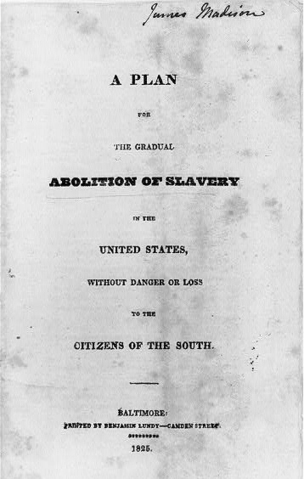This lesson will focus on the views of the founders as expressed in primary documents from their own time and in their own words. Students will see that many of the major founders opposed slavery as contrary to the principles of the American Revolution.
Research and publish the best content.
Get Started for FREE
Sign up with Facebook Sign up with X
I don't have a Facebook or a X account
Already have an account: Login
 Your new post is loading... Your new post is loading...
 Your new post is loading... Your new post is loading...

Kent College History's curator insight,
June 27, 2017 2:06 PM
'The transatlantic slave trade, colonial domination and the ‘scramble for Africa’ all had a profound impact on the continent’s economic, political, social and cultural structures. But what is their legacy today? In the latest issue of BBC World Histories magazine, six historians share their opinions on how Africa’s past has shaped what are often arbitrarily designated modern nations ...'
SwagQueen's curator insight,
May 8, 2014 8:28 PM
i think Boko Haram is a Stupid moron who should be put into jail. the Nigerian government to save our girls. Innocent girls are being taken away from their homes and their parents want them back. 
Stephen Zimmett's curator insight,
May 19, 2014 12:33 PM
Every one should see this video 4 reasons why Boko Haram does what it does. A bunch of idiots |

Kent College History's curator insight,
July 6, 2017 10:50 AM
'High-school textbooks too often gloss over the American government’s oppression of racial minorities.'

Kent College History's curator insight,
October 27, 2016 4:01 PM
'In an era when people could be owned by or contractually bound to others, individuals who absconded were often advertised by their masters.' Runaway advertisements from 18th newspapers.
|


















